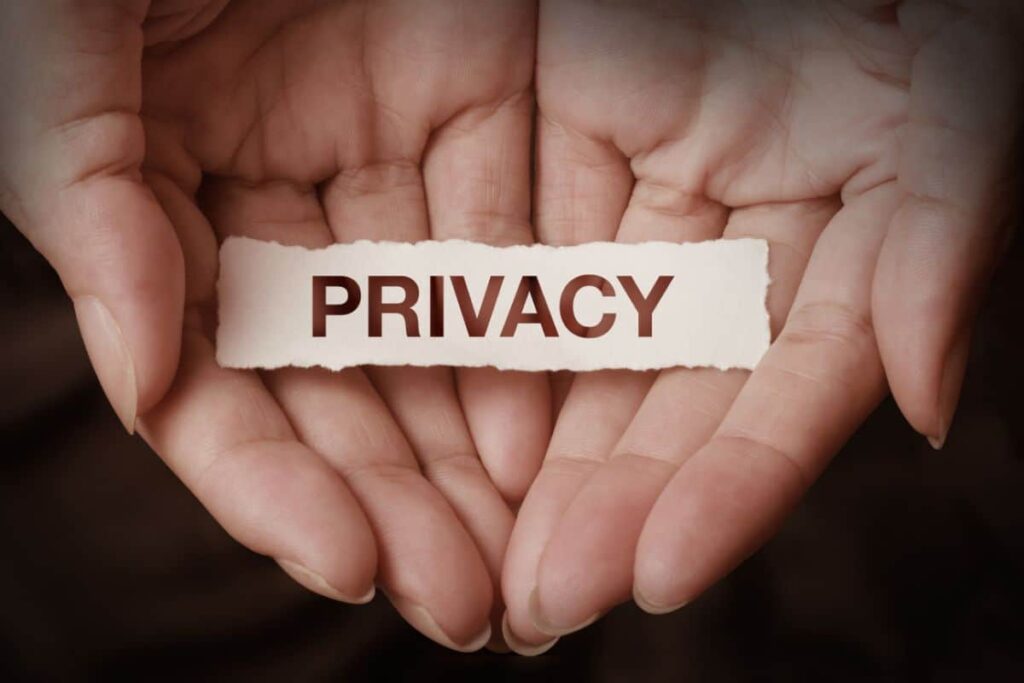Medical intuition and energy work constitute a rapidly developing field within alternative medicine that allows practitioners to assess imbalances and dysfunctions within a patient’s body that may be contributing to illness or other physical symptoms. Using intuitive abilities, these practitioners can provide insight into conditions that traditional medicine might overlook.
While the practice has been applauded for enhancing medical care, it also poses significant ethical considerations, from maintaining privacy and confidentiality to handling the vulnerability of patients. There are also questions concerning the provenance and validity of knowledge claims made by practitioners.
The Role of Informed Consent
Informed consent is pivotal in every medical decision. Patients must be provided with clear, detailed information about their treatment choices, including the potential benefits and risks. This principle applies equally to both mainstream and alternative medical practices such as medical intuition and energy work.
Given that these practices deviate from conventional medicine, there might be a perception that the usual rules do not apply. However, achieving informed consent is all the more critical in this field, given its less familiar territory for most individuals. Practitioners must ensure that patients fully understand the logistics and implications of any proposed treatment before proceeding.

Privacy and Confidentiality
Similar to conventional medical practitioners, those in energy work and medical intuition must uphold privacy and confidentiality. However, due to the sensitive nature of the information perceived during sessions, maintaining this can be more challenging. Information about a patient’s past traumas or psychological issues, for instance, may come to light, and the practitioner needs to handle it with utmost caution. Sharing this information without consent would be intrusive and violative of the patient’s rights.
Unsubstantiated Claims
An ethical issue that particularly plagues the field of medical intuition and energy work is the making of unsubstantiated health claims. Some practitioners may assert that they can diagnose or cure illnesses, but such assertions must be backed up with scientifically valid evidence.
This absence of clear evidence and scientific validation for some practices within this field puts the onus on practitioners to promote responsible counseling and practice. Transparency about the potential outcomes and limitations of a particular approach is essential.
The Power Dynamics when working with a medical intuitive
The very nature of these therapeutic practices often creates a power dynamic where the patient is dependent on, and vulnerable to, the practitioner. This vulnerability can easily be exploited, either purposefully or inadvertently.
It becomes indispensably ethical for practitioners to use their power responsibly and constructively, rather than abusing it. Good rapport and trust-building between the energy worker and the client is of utmost importance, driven by consideration and respect from the practitioner.
Medical intuition and energy work can bring in unique perspectives and treatment avenues to the healthcare landscape. Yet, maintaining the highest standards of ethics is imperative in these practices. Appropriate regulations and ethical guidelines are needed to protect patients and ensure that these modalities contribute positively to the complex terrain of health and healing.
Sources
- Dossey, B. (2014). Holistic Nursing: A Handbook for Practice. Jones & Bartlett Publishers.
- Feinstein, D., & Eden, D. (2008). Six Pillars of Energy Medicine: Clinical Strengths of a Complementary Paradigm. Alternative Therapies In Health And Medicine, 14(1), 44-54.
- Jonas W.B., Crawford C.C. (June 2003). Healing, Intention and Energy Medicine. Churchill Livingstone.



